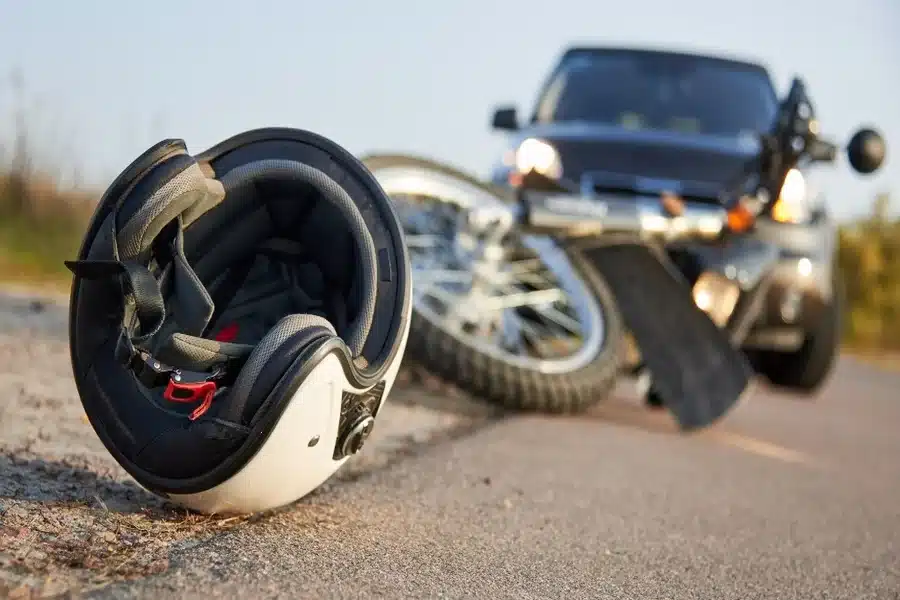Loose Ends: The Hidden Dangers of an Ill-Fitting Motorcycle Helmet

When you gear up for a ride, your helmet isn’t just another accessory—it’s your most vital protection. But here’s a question that often gets overlooked: Does your helmet actually fit properly? A helmet that’s too tight can be uncomfortable, but one that’s too loose or ill-fitting can be downright dangerous. An expert brain injury law firm points out that helmet fit could mean the difference between a close call and a catastrophic injury. Whether you’re a seasoned rider or just starting, understanding the risks of wearing an ill-fitting motorcycle helmet is crucial. Let’s dig into why that perfect fit matters more than you might think.
1. Reduced Protection in a Crash
Motorcycle helmets are designed to stay securely in place during impact. If your helmet shifts around or lifts off your head when you look up or speed up, it’s a red flag. In a crash, an ill-fitting helmet may not stay in position, exposing parts of your skull and face that should be protected. That shifting can also reduce the helmet’s ability to absorb and disperse impact energy—its main job. Bottom line? If it doesn’t fit right, it doesn’t protect right.
2. Increased Risk of Neck Injuries
A helmet that’s too large adds unnecessary weight and instability. When riding at high speeds, even slight movements can become exaggerated due to wind resistance. An oversized helmet can pull your head in different directions, leading to neck strain or whiplash during a fall. Conversely, a too-tight helmet can cause stiffness or limited mobility, making it hard to move your head quickly in traffic situations. Either way, the wrong fit puts your neck on the line.
3. Impaired Vision and Hearing
Good situational awareness is critical for motorcycle safety. A loose helmet can slide around and shift your visor, obstructing your field of vision, particularly when turning or checking blind spots. You may not notice a vehicle approaching from the side until it’s too late. Similarly, if your helmet presses too tightly against your ears or doesn’t seal properly, it can distort or muffle sounds. That delayed reaction to a honking horn or emergency siren? It could cost you dearly on the road.
4. Discomfort That Distracts
Riding a motorcycle demands focus. But an ill-fitting helmet can turn every ride into a battle of distractions. Pressure points, constant readjusting, chafing, and even headaches can distract your attention from the road. That tiny annoyance becomes a big problem when navigating traffic, unpredictable drivers, or sudden weather changes. A helmet should feel like a natural extension of your body, not an annoying piece of gear you can’t wait to rip off.
5. Legal and Insurance Complications
Many riders don’t consider this: if you’re in an accident and your helmet wasn’t properly fitted, it could affect your legal and insurance claims. Some insurers may argue that your injuries worsened because your helmet didn’t provide adequate protection, which could reduce your compensation. In some states or regions, failing to wear a DOT-approved or properly fastened helmet might even be a form of negligence. The wrong helmet could become the wrong kind of evidence in court.
6. How to Know if Your Helmet Fits Properly
The rule of thumb is this: snug but not painful. Your helmet should sit level on your head, low on your forehead (just above the eyebrows), and shouldn’t move when you shake your head. You should feel even pressure all around—no loose or hot spots. The cheek pads should touch your cheeks without pressing uncomfortably. When you fasten the chin strap, you should only be able to fit two fingers between the strap and your chin. And remember: helmets break in slightly over time, so always try them on before buying.
Conclusion: Don’t Let the Wrong Fit Be Your Biggest Mistake
Motorcycle helmets save lives. But only when they’re worn correctly—and fit properly. A poorly fitted helmet can undermine the protection you rely on, opening the door to greater injury and even legal trouble in the aftermath of an accident. If you’ve been in a motorcycle accident and believe your helmet or someone else’s negligence played a role in your injuries, don’t hesitate to speak with a personal injury lawyer or a brain injury law firm. The right legal guidance can help protect your rights just as much as the right helmet protects your head. Ride safe, and ride smart.
